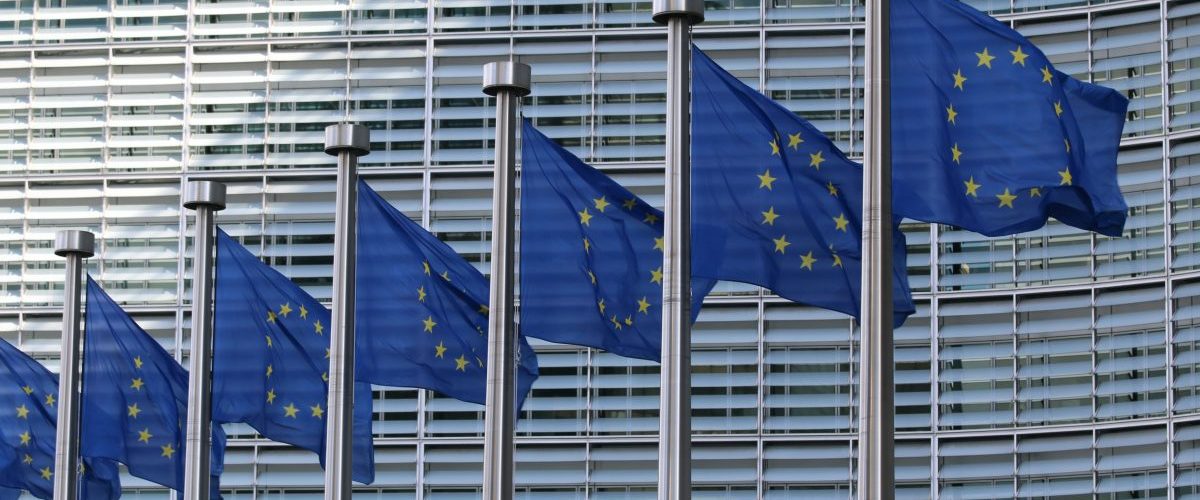When managing transactions between EU VAT registered and EU established entities, it is important to keep track of local reverse charge regulations applicable in a particular country. Often group structure entails the use of a principal entity with multiple VAT registrations, a single place of establishment, and no fixed establishments.
Whenever a non-established entity performs domestic supply, as per article 194 of the EU VAT Directive, Member States may choose that the person liable for payment of VAT is the person to whom the goods or services are supplied. Conditions which must be fulfilled for the domestic reverse charge rules to apply, typically are slightly different in each of the EU Member States.
The purpose of this article is to give an overview of such rules in selected Member States.
I will be focusing on the supply of regular goods, i.e. excluding gas, heat, electricity, supply of goods with installation, etc. Services will be omitted as well.
Source Krzysztof Ugolik
Latest Posts in "European Union"
- Loyalty Points Are Not Vouchers for VAT: CJEU AG Opinion in Lyko Operations Case
- EU Charter Sets Procedural Safeguards and Limits Sanctions in VAT Enforcement: Key CJEU Rulings
- CJEU Clarifies VAT on Transfer Pricing Adjustments and Intra-Group Services: Key Implications for Businesses
- EU VAT Reforms and Menstrual Poverty: Addressing Access to Affordable Sanitary Products
- Making ViDA Work: Reflections on the ViDA Implementation Dialogue














